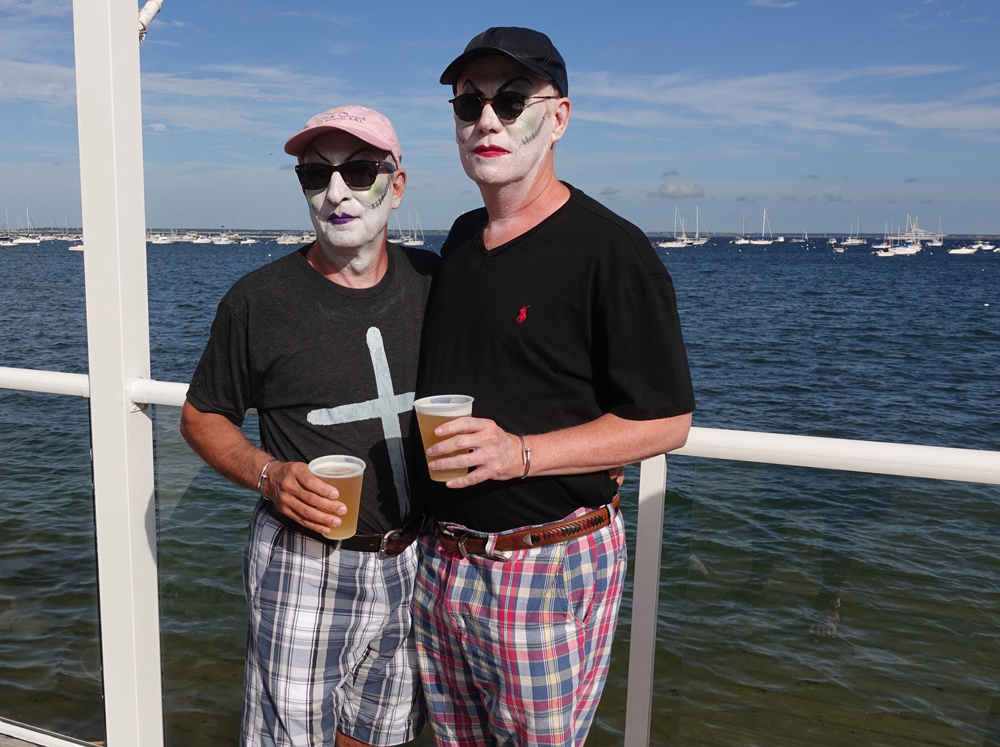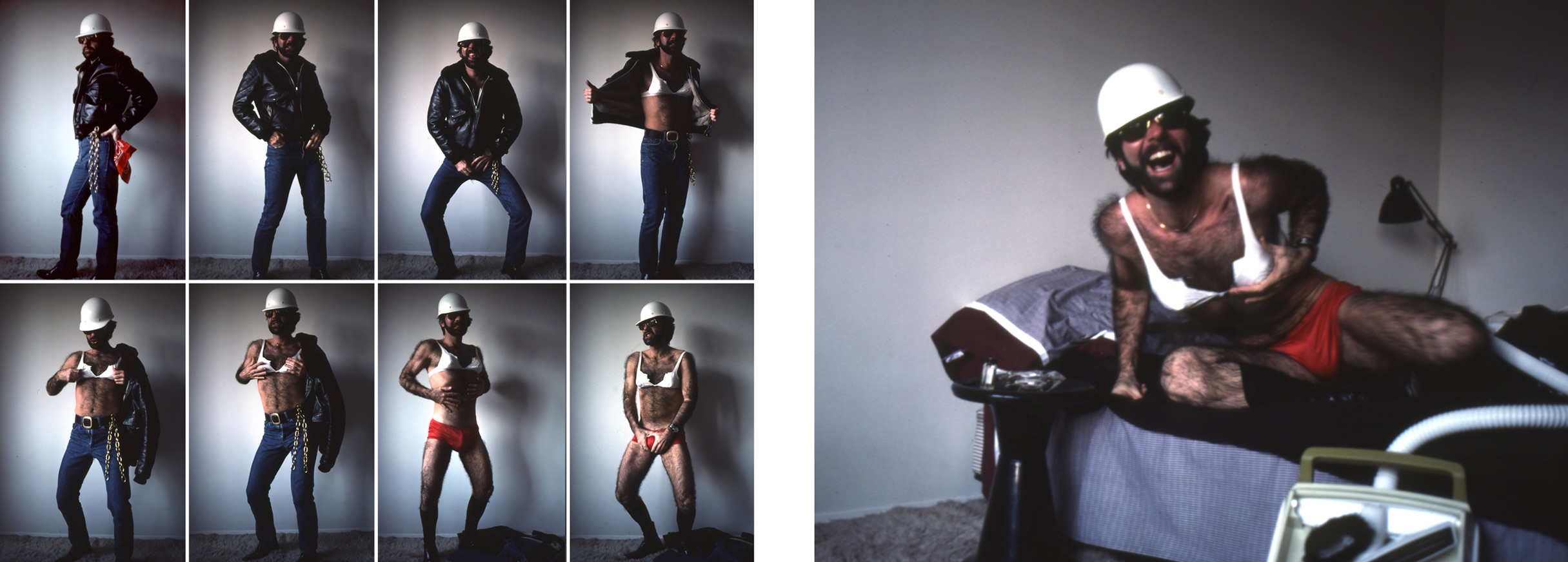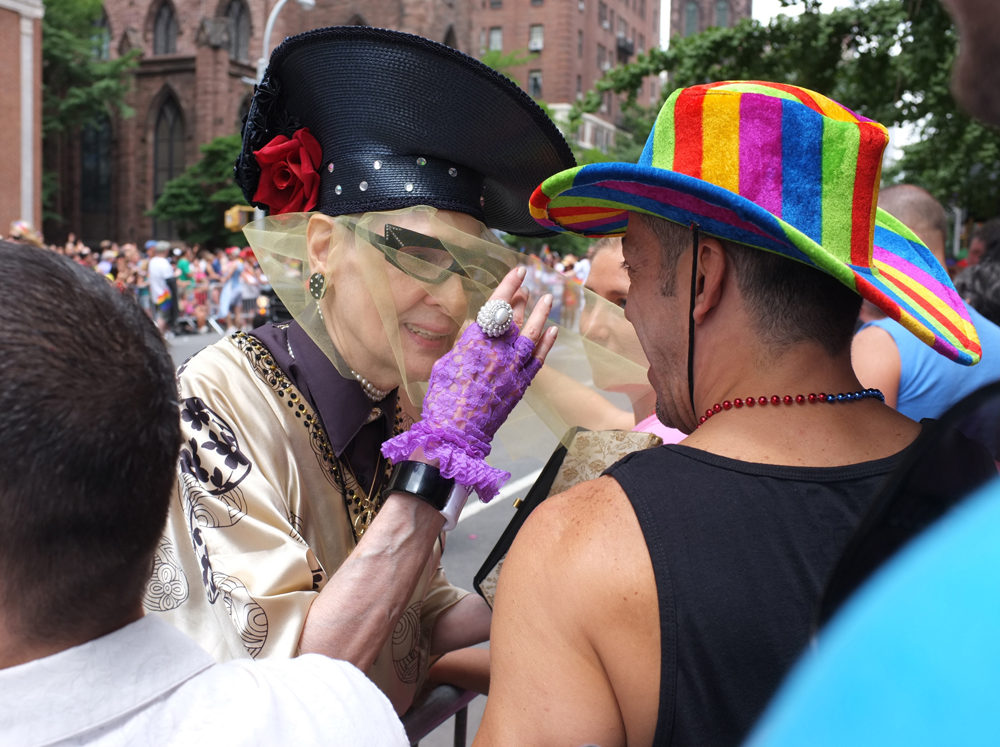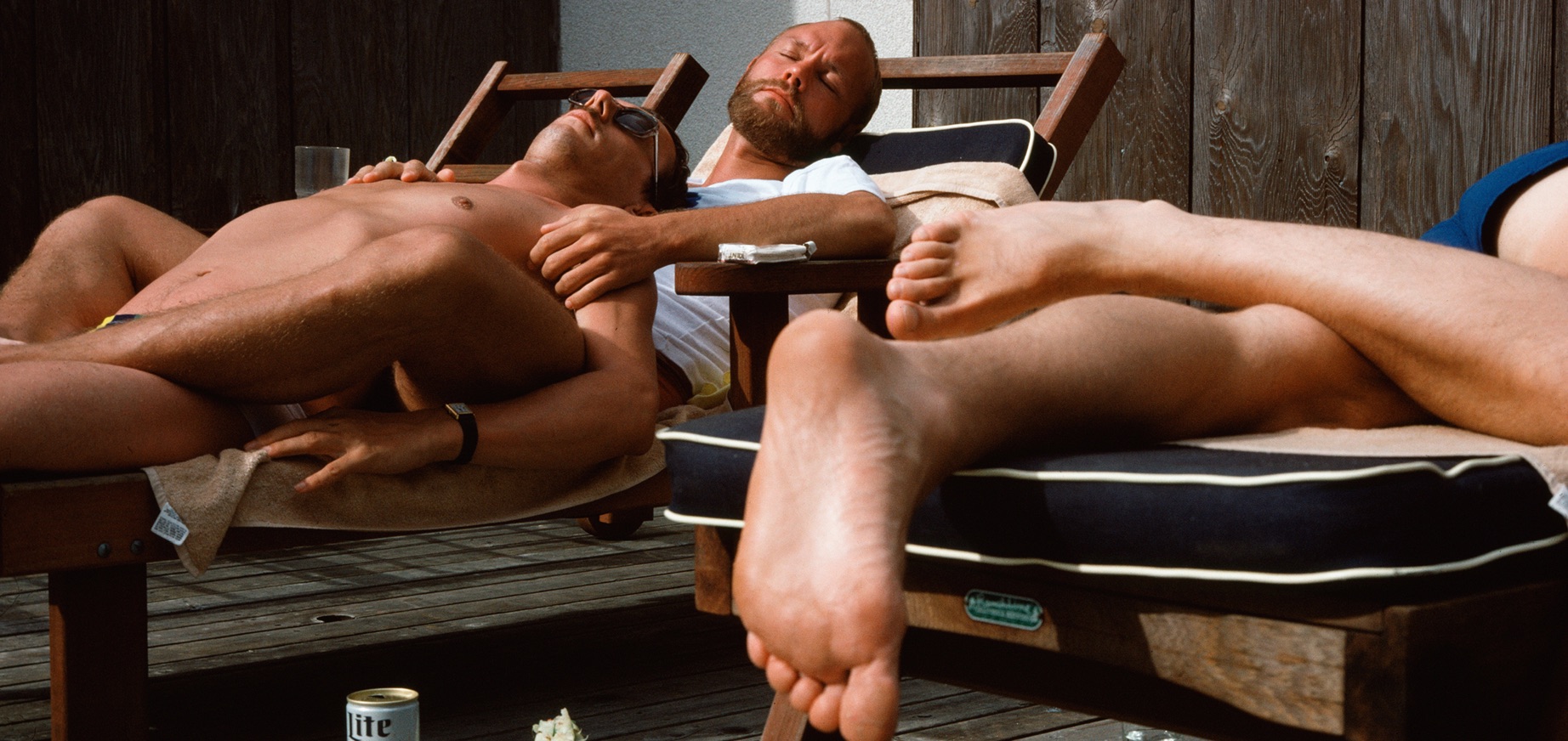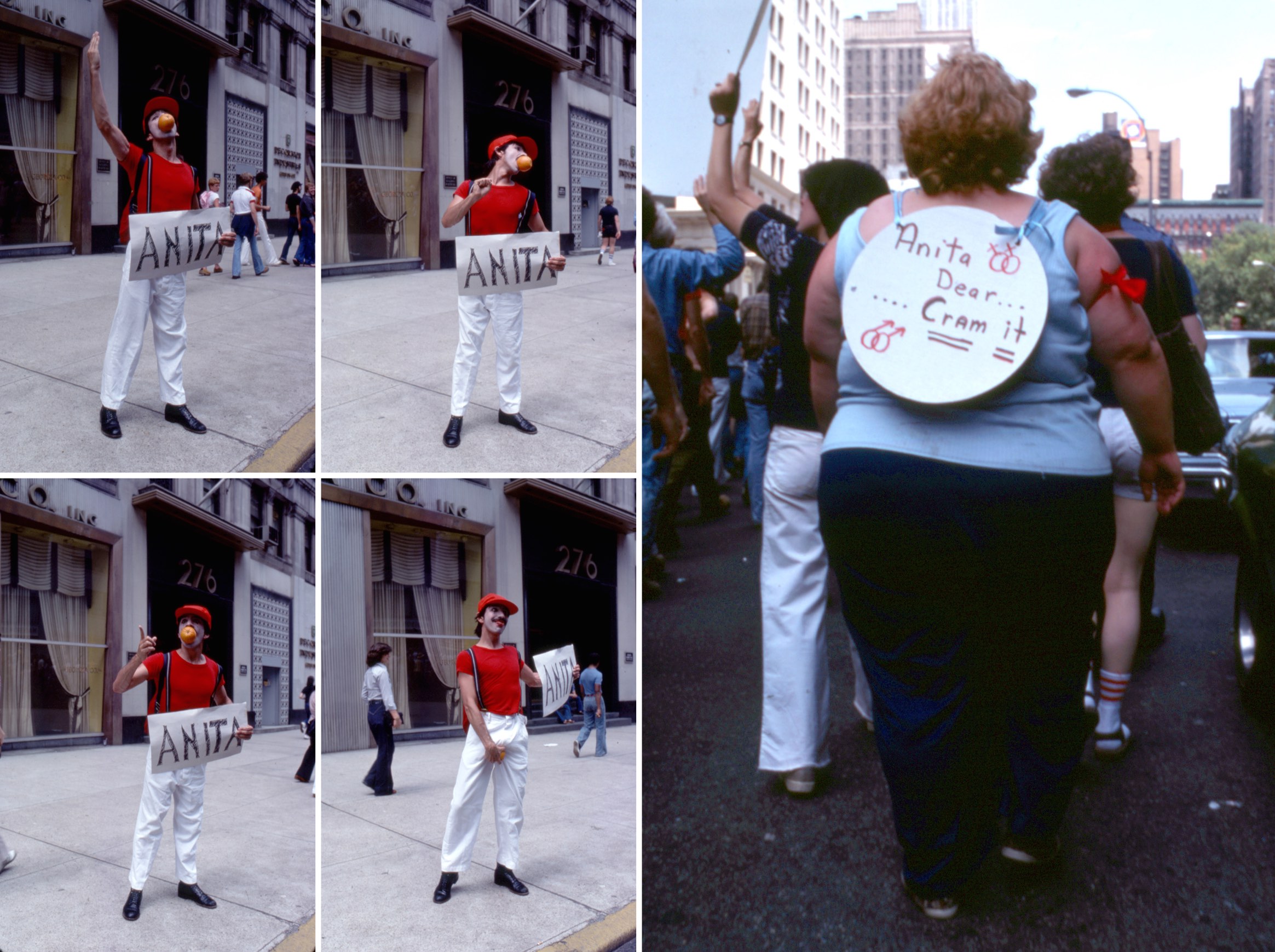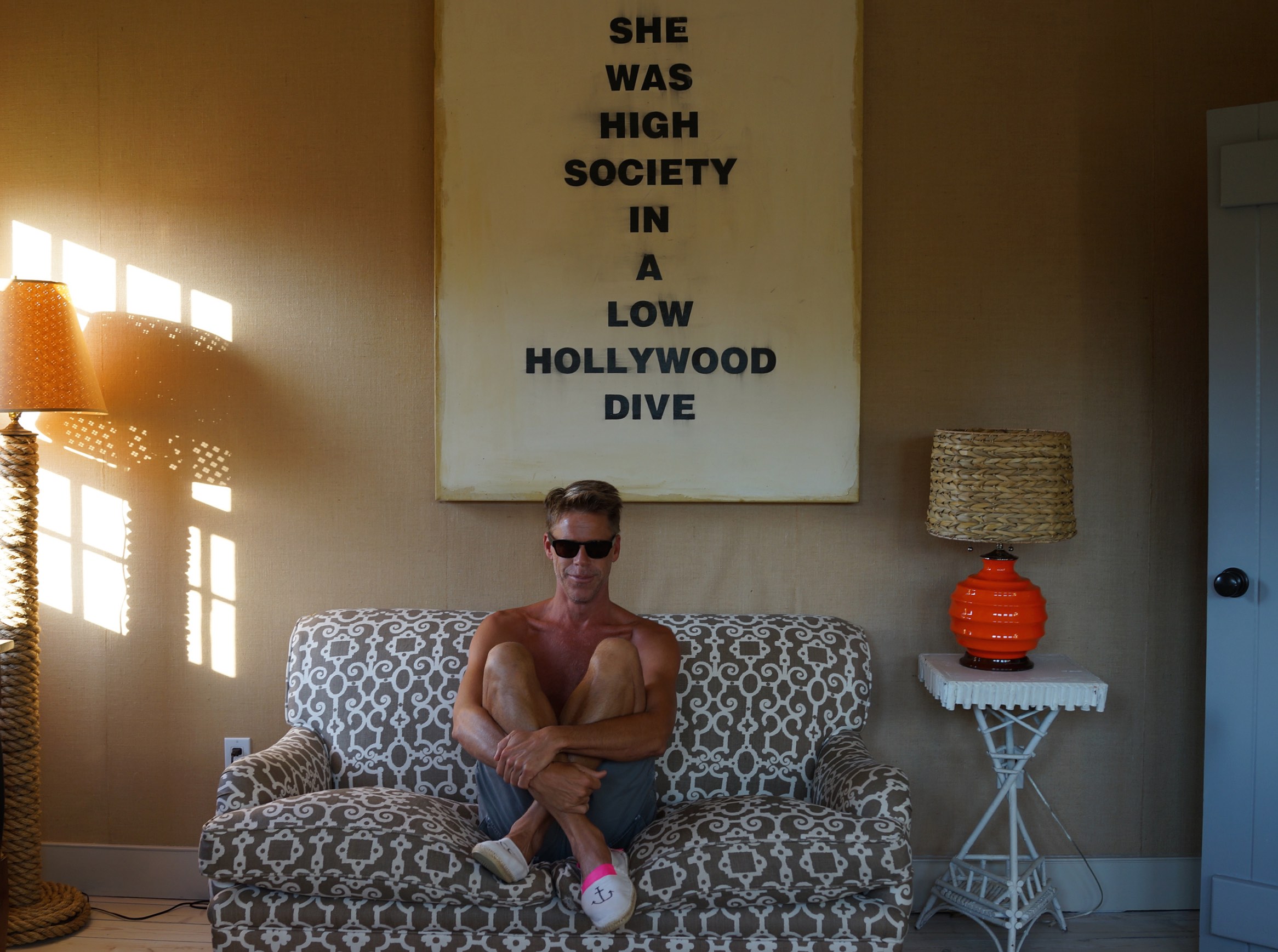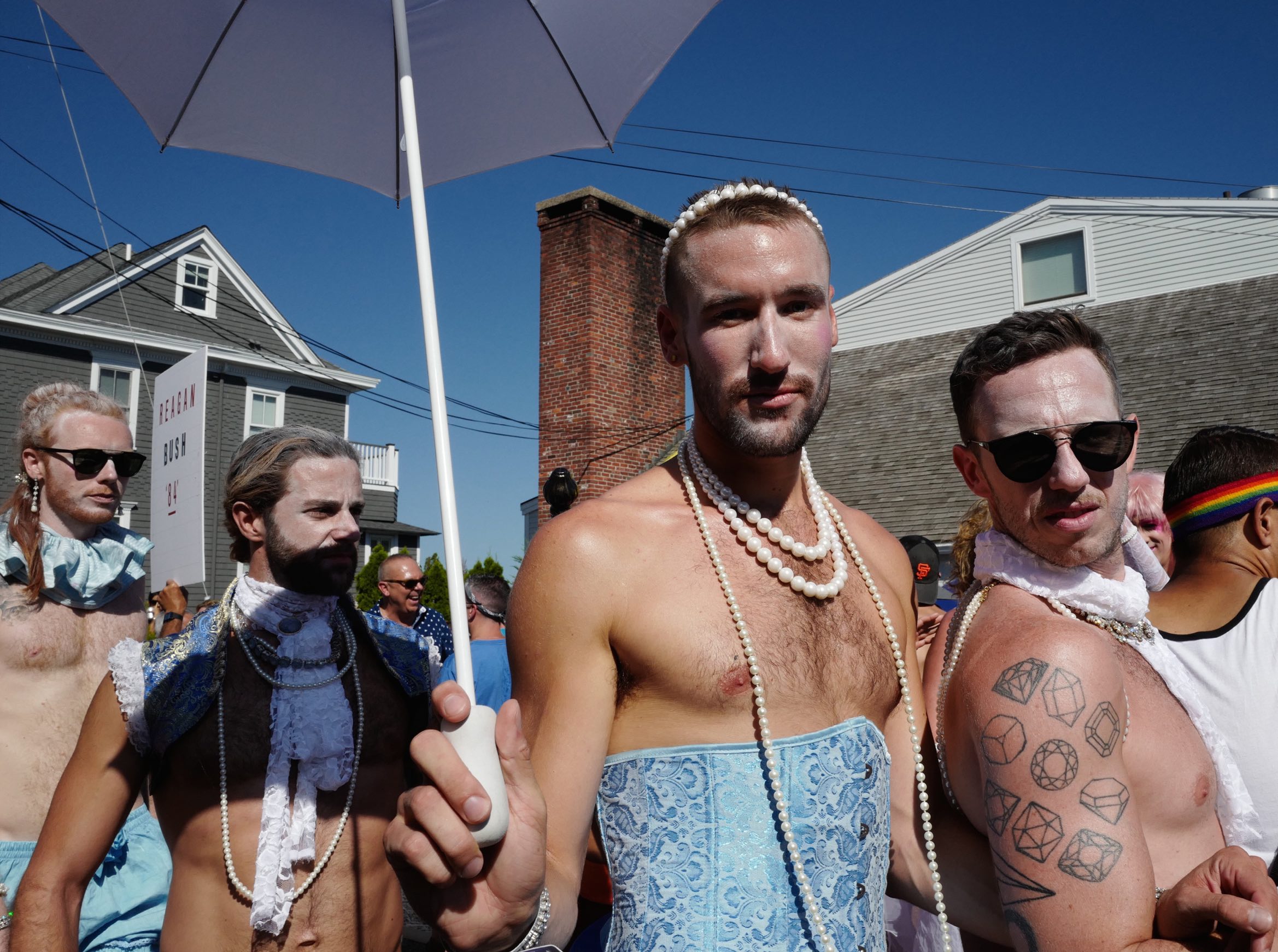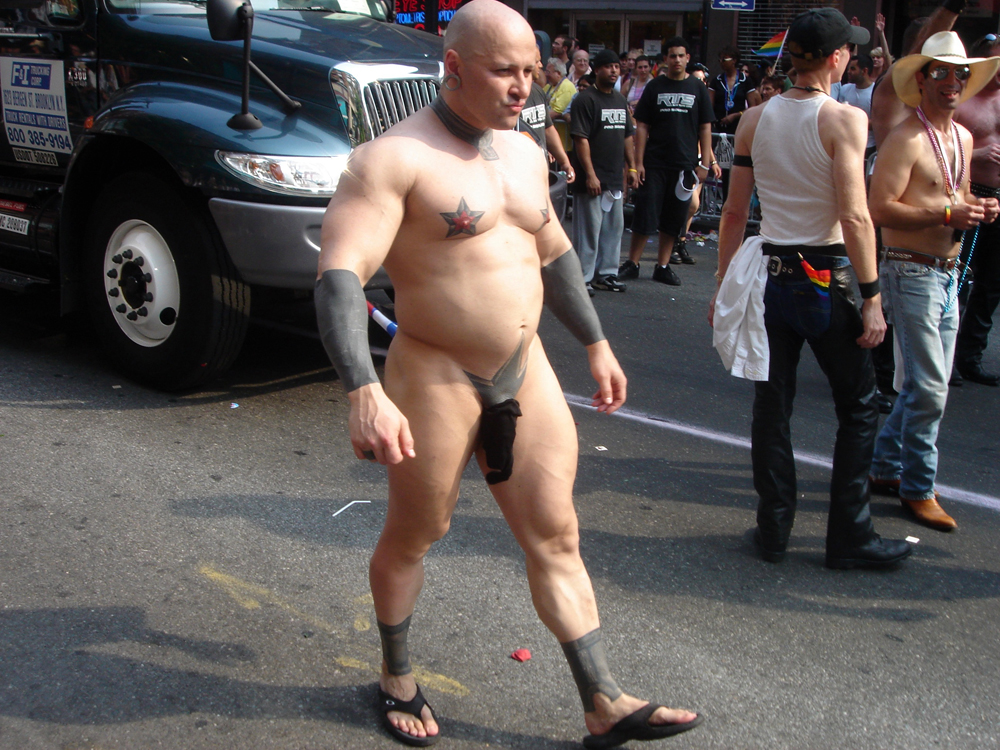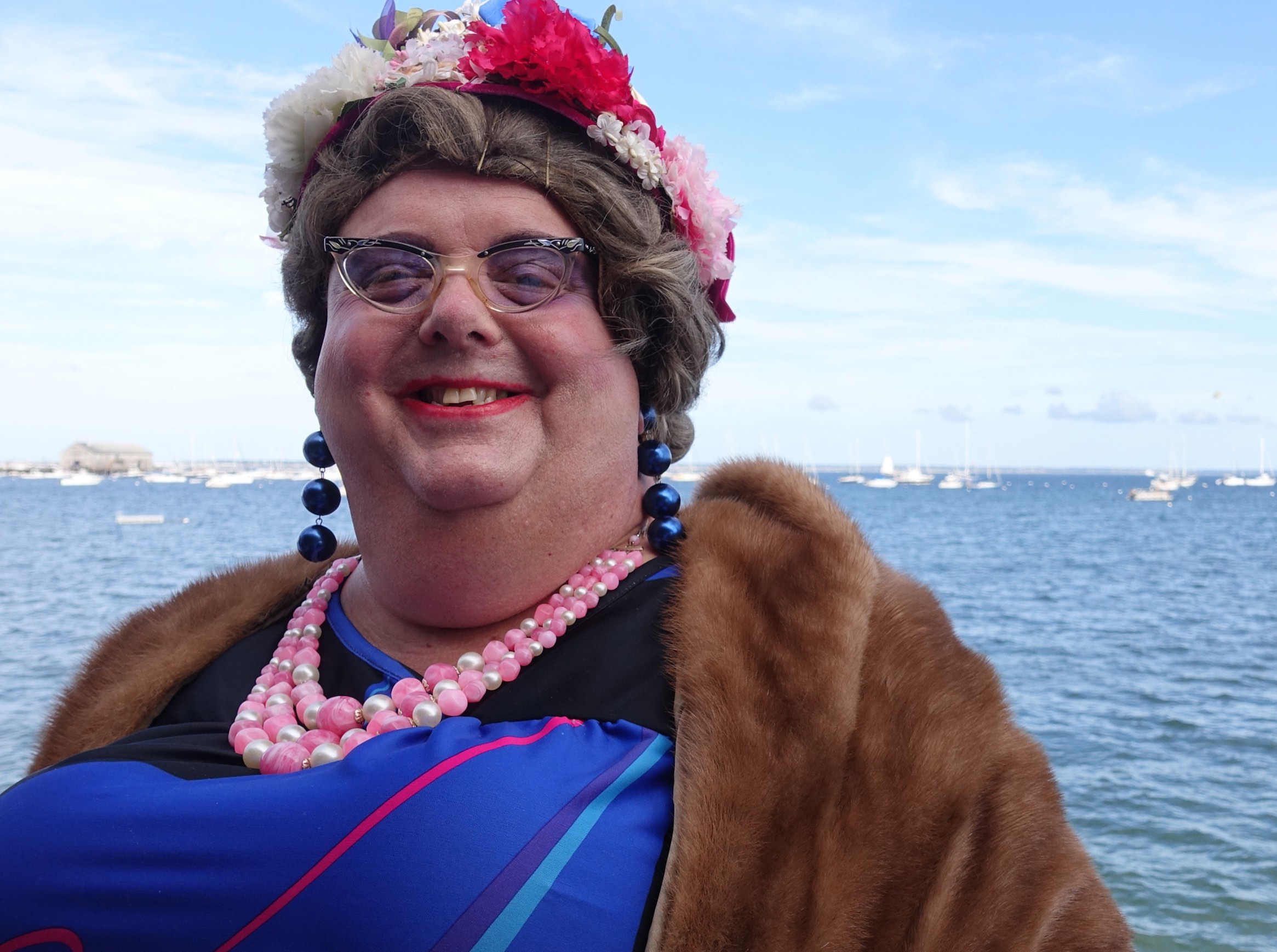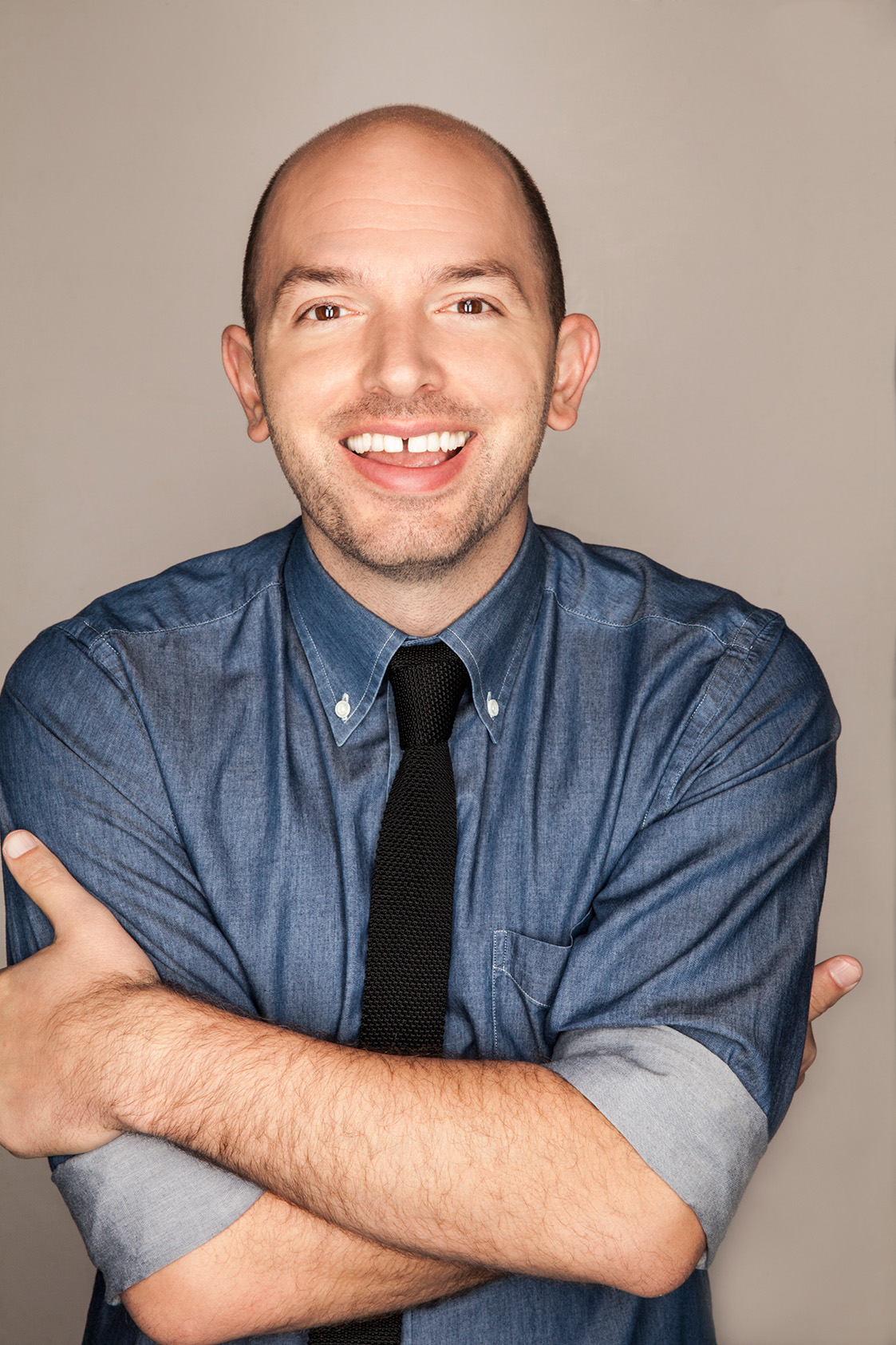This morning, the nominations for the 89th Academy Awards were announced via a livestream that went by faster than you could say "Dustin Lance Black." For such a masturbatory spectacle, the efficiency of the livestream was actually pretty impressive. Sure, there were plenty of ruminatory meditations from past Oscar winners that just stopped short of Adam Sandler's infamous Oscar night "tell the truth" mini-monologue, but the presenters—a range of stars that included Black, Terrence Howard, and Gabourey Sidibe—kept things economical and wrapped up all the noms within a half hour's time. Thanks, Hollywoo(d)!
But I'm not here to jaw on about a livestream that you couldn't be bothered to get out of bed for—this is where we're going to break down the surprises, the not-so-surprises, the snubs, and everything else when it comes to the 2017 Oscar nominations. Just to be clear, this isn't about predictions—we'll get to those closer to the ceremony—but a little handy guide to shed some light on the conversations surrounding this year's nominees.
What were some surprising nominations?
If you see more than five movies a year, every round of Oscar nominations are at least somewhat predictable, but the Academy still possesses the capacity to surprise. For starters, Lion—a worldly drama with faint buzz over the past several months—picked up an impressive six nominations, including Best Picture. I find this impressive because I do not know a single person who has seen Lion for any reason other than professional obligations. I guess it's time to see Lion now!
The excellent period dramedy Hidden Figures also picked up three nominations, including a Best Picture nod and a Supporting Actress slot for Octavia Spencer. (In a way, Hidden Figures was snubbed as well—but we'll get to that later.) Even though Manchester by the Sea has been a constant (and deserving!) presence on the awards circuit, it was a nice surprise to see Lucas Hedges pick up a Supporting Actor nom for his no-nonsense performance as bereaved son Patrick Chandler. Then there's the continued awards-show streak for Isabelle Huppert's role in Paul Verhoeven's controversial (and, in this writer's opinion, utterly ridiculous) Elle. Even if Huppert doesn't win (smart money's on Emma Stone taking the gold), it's cool to see the legendary Huppert get her due in some form.
Also: The Lobster! For Best Original Screenplay! Yorgos Lanthimos's confrontational, bleakly funny sci-fi satire about love, death, and turning into a dog was undoubtedly one of the year's best films, but it's rare that the Oscars recognize such a small, spiny movie at all.
What wasn't surprising?
Uh, La La Land? Love it or hate it (I'm in the former camp), Damien Chazelle's fantastical musical about love, regret, and the hopelessness of dreaming is poised to sweep the Oscars this year. It grabbed an astounding 14 nominations, tying the record previously set by both Titanic and All About Eve. How many it'll win is anyone's guess, but it definitely won't go home empty-handed.
After last year's #OscarsSoWhite movement, there was a renewed promise to focus on diversity. With significant nods toward films like Fences, Moonlight, Hidden Figures, and Lion, there were expected steps toward progress. The push for more diversity spread to the technical categories, too: Arrival cinematographer Bradford Young is only the second black person in Oscar history to receive a nomination in his category, serving as a reminder that even though the Academy is trying to make up for lost time when it comes to diversity, there's a lot of time for them to make up for.
Who got snubbed?
Let's start with Amy Adams. Her performance in Denis Villenueve's sci-fi flick Arrival was one of the year's best in an amazing film that conveyed a surprising message of empathy while also functioning as a cracking pretzel-twister of a popcorn flick. So why wasn't she nominated, even as Arrival racked up a nothing-to-sneeze-at eight noms? Who knows! With five nominations under her belt and zero wins to show for it, Adams is turning into the modern-day Oscar equivalent of Susan Lucci, the legendary All My Children actress who was nominated a whopping 18 times at the Daytime Emmys before finally winning in 1999. Hopefully it won't take Adams that long to get her statue.
One more on the acting tip: Taraji P. Henson, who was absolutely mesmerizing in Hidden Figures—but not enough, apparently, to snag her a second nom. (Her first was for The Curious Case of Benjamin Button in 2008; Henson is better—and sees more screen time—in Hidden Figures. A shame.)
Zooming out a bit to focus on which films were snubbed: Pixar takes a rare year off after its Finding Dory gets, well, lost; while Ezra Edelman's titanic undertaking O.J. Made in America is all but guaranteed to take home Best Documentary Feature, it was surprising to see Wiener, Josh Kriegman and Elyse Steinberg's astounding and riotously funny document of former US congressman Anthony Wiener's public downfall, get left out of a category it so deserved to be included in.
And then there's Silence, Martin Scorsese's brutal, nearly three-hour-long passion project about the persecution of Christians in 17th-century Japan. It received not a single nomination, and if you've followed the buzz over the past few months, you could see this coming—Silence is a hard sell, even by prestige standards. But given the film's beautiful photography and engrossing performance from Andrew Garfield, you'd think it would've picked up at least one or two nominations. Which brings us to…
What's everyone pissed off about?
I haven't seen Hacksaw Ridge—which Andrew Garfield did receive a nomination for. But if I do, I plan on trying to make sure I do so in a way that requires I not help give any money to the person who made it. That's because the person who made Hacksaw Ridge is Mel Gibson, whose reputation and character (or lack thereof) is certainly well-known at this point.
Hacksaw Ridge received six nominations—as many as Lion, for those keeping track—including nods for Best Picture and Gibson himself in Best Director. It also received nominations, but no wins, at this year's Golden Globes. Conventional wisdom says that, after years of career exile following truly hateful and execrable remarks about Jewish people, as well as high-profile allegations of misogyny and verbal abuse, this is the moment where Hollywood is willing to extend an olive branch of forgiveness in Gibson's way.
My short response to this is "Fuck that." In an attempt at nuance, though, it's worth thinking about what type of behavior, specifically, Hollywood is willing to forgive—and if there are certain people it's more willing to forgive than others. Obviously, Nate Parker's The Birth of a Nation, which had its Oscar campaign routed into the ground after rape allegations against Parker resurfaced, comes to mind. That said, in addition to the allegations and Parker's spectacularly poor handling of talking about them publicly, The Birth of a Nation was at best a mediocre film that might not have made it too far in awards season anyway.
On the other end is Casey Affleck, whose truly spectacular turn in Manchester by the Sea is a crowning jewel in an already impressive career. Affleck also had past allegations of sexual harassment and misconduct resurface early in awards season, but they didn't stick the way Parker's did. Why that is—and why Gibson's been given the go-ahead on the comeback trail—are questions worth asking, even if the answer is as simple as the color of their skin. Maybe someone will ask them during the ceremony this year—if they do, it'll at least make for interesting TV—but even after the furor that surrounded last year's ceremony, it's clear that the issues plaguing the Academy and Hollywood at-large are far from fixed.
Follow Larry Fitzmaurice on Twitter.



















